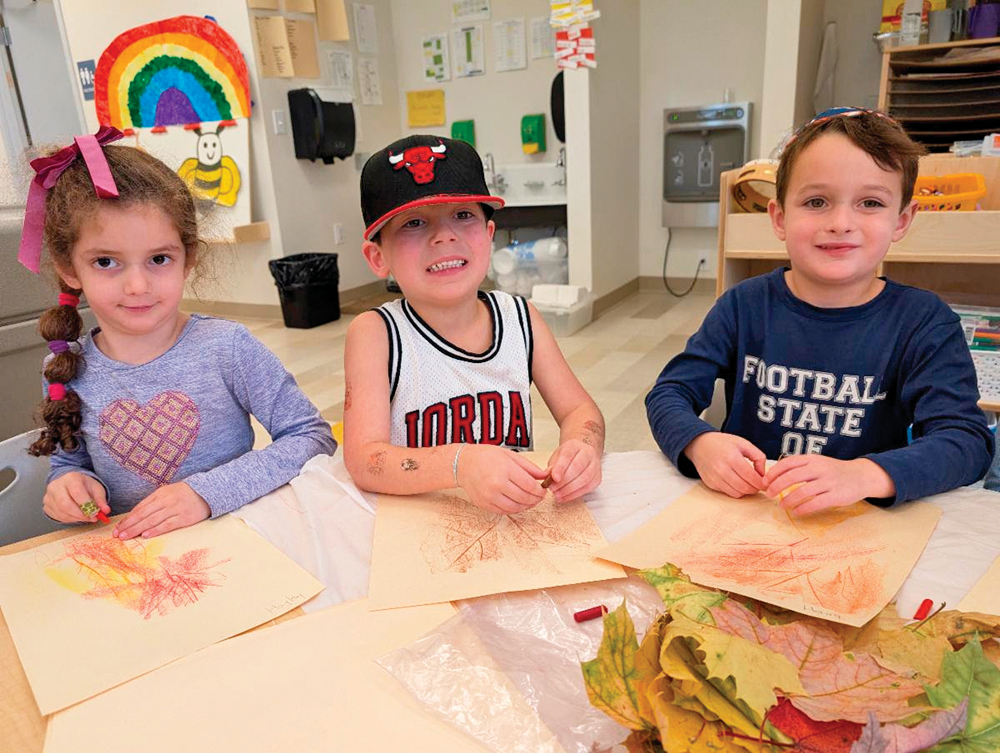Part I
When Rabbi Alexander S. Rosenberg, director of the American Jewish Joint Distribution Committee (JDC) religious activities for the American zone, arrived in Germany in September 1945, he reported that “there was no organized effort to have kosher meat available” for the survivors. Just before he arrived, the Synagogue Council of America and the National Council of Young Israel sent letters to the JDC asking for a response to a cable from an American Jewish survivor in Europe alleging that the JDC made “no provision for urgently needed religious requisites and kosher food for liberated Jews in Germany.” The author sent the cable to “protest the inefficacy and apparent callous disregard.”
Given all that the JDC had done from its inception to promote and support the religious life of the Jews in Europe, the JDC leadership was “surprised” and disturbed by these accusations. In a letter to the Synagogue Council America, Joseph C. Hyman, executive vice chairman of the JDC, assured the Council that the “JDC has never purchased one ounce of non-kosher food for distribution…in overseas countries. We have consistently adhered to their policy of purchasing the type of food about which there can be no question as to kashruth…”
The JDC further pointed out that it had agreed to act as an intermediary on behalf of individuals in South Africa, Palestine, South America and elsewhere who wished to send packages to their relatives in Belgium, France, Holland and Luxemburg, for which they were willing to pay. The JDC acted as the agent in placing the orders and paying for them. A local commercial firm was engaged to assemble the packages. Before the JDC approved the contents, they consulted Rabbi Dr. Leo Jung, a leading American Orthodox rabbi, who chaired the JDC’s cultural-religious committee, and with a representative of the Union of Orthodox Rabbis to make sure that the dried salami and the cheese were kosher. They even went so far to ask if these commodities could be included in the same package, despite the fact they were packaged separately in a hermetically sealed wrapper and covered with corrugated paper. The JDC also sent prayer books, Bibles, tefillin, Torah scrolls and other religious articles. Some of the supplies were sent from Switzerland, and they collected and purchased additional supplies for immediate shipment to Jews in Germany.
In a letter to the National Council on September 6, 1945, the JDC said had already begun shipping kosher food to Europe from England and Argentina, including meat, even though it was rationed. Efforts to supply meat were hindered by the need to produce a shipping permit and to demonstrate that the organization had the means to transport the items at a time when there was a very limited number of refrigerated boats.
Rather than wait for someone to provide kosher meat for them, some survivors arranged for shochtim (ritual butchers) at the DP camps at Landsberg, located a little more than 37 miles west of Munich in a former German military compound, and Feldafing, a Hitlerjugend school 20 miles southwest of Munich, to slaughter live cattle purchased from the Germans. But for all practical purposes there were hardly any ordained shochtim. Even a ritual knife could not be found. In addition, the shochtim killed the animals either in the camp kitchens or in the barracks under the most “appalling sanitary conditions.” At some of the other camps, such as Zeilsheim, with a population of 7,000, they did without meat altogether.
At Zeilsheim, located west of Frankfurt, established on August 22, 1945, Rabbi Rosenberg did the initial slaughtering himself to “induce” the committee to establish a kosher kitchen. He later brought shochtim to continue the work. Here, too, the cows were purchased from the Germans and killed under primitive conditions. This process continued until the end of October 1945, when Rabbi Rosenberg made arrangements with the slaughterhouses in Frankfurt and Landsberg where Jews could bring the cattle to be killed. At Feldafing, and Foehrenwald, near the town of Wolfratshausen, the slaughtering continued again under appalling conditions.
In November, Brigadier General Stanley R. Mickelson, chief of the U.S. Army’s Displaced Persons Division in Germany, informed Rabbi Rosenberg that shechita (ritual slaughtering of certain mammals and birds) would have to cease to protect the German stock. Since there was no kosher canned meat available, Rabbi Rosenberg immediately submitted a memorandum to Judge Simon Rifkind, a federal judge who came to Germany on October 20, 1945, to serve as advisor on Jewish affairs, and alerted him to the possibility of losing access to kosher meat.
Rabbi Rosenberg also spoke to Jacob Trobe, the director of JDC operations in Germany, who asked the JDC in New York to send kosher canned meat. On December 20, 1945, Trobe informed General Michelson that the JDC was going to send 200,000 pounds of kosher meat to the Jews in Germany. He also notified the army that based on past experiences, the process of purchasing, securing export licenses, shipping, obtaining port clearance and distribution could take as long as three months. Orthodox Jews would remain dependent upon the system they were using until the meat arrived.
Rabbi Rosenberg continued to “hammer away” at Rifkind and Trobe to allow the shechita to continue. The local rabbis in the Third Army sent their demands to General Walter J. Muller, U.S. military governor in Bavaria, and General Lucian K. Truscott, the commander of the Third Army, who replaced General George Patton. Visitors to the camps from the American Jewish Conference and the American Jewish Committee protested to General Truscott, to no avail. For the next three to four months, the religious Jews either did not eat meat or obtained the animals through the black market and killed them at “great risk.”
Dr. Alex Grobman is the senior resident scholar at the John C. Danforth Society and a member of the Council of Scholars for Peace in the Middle East.













